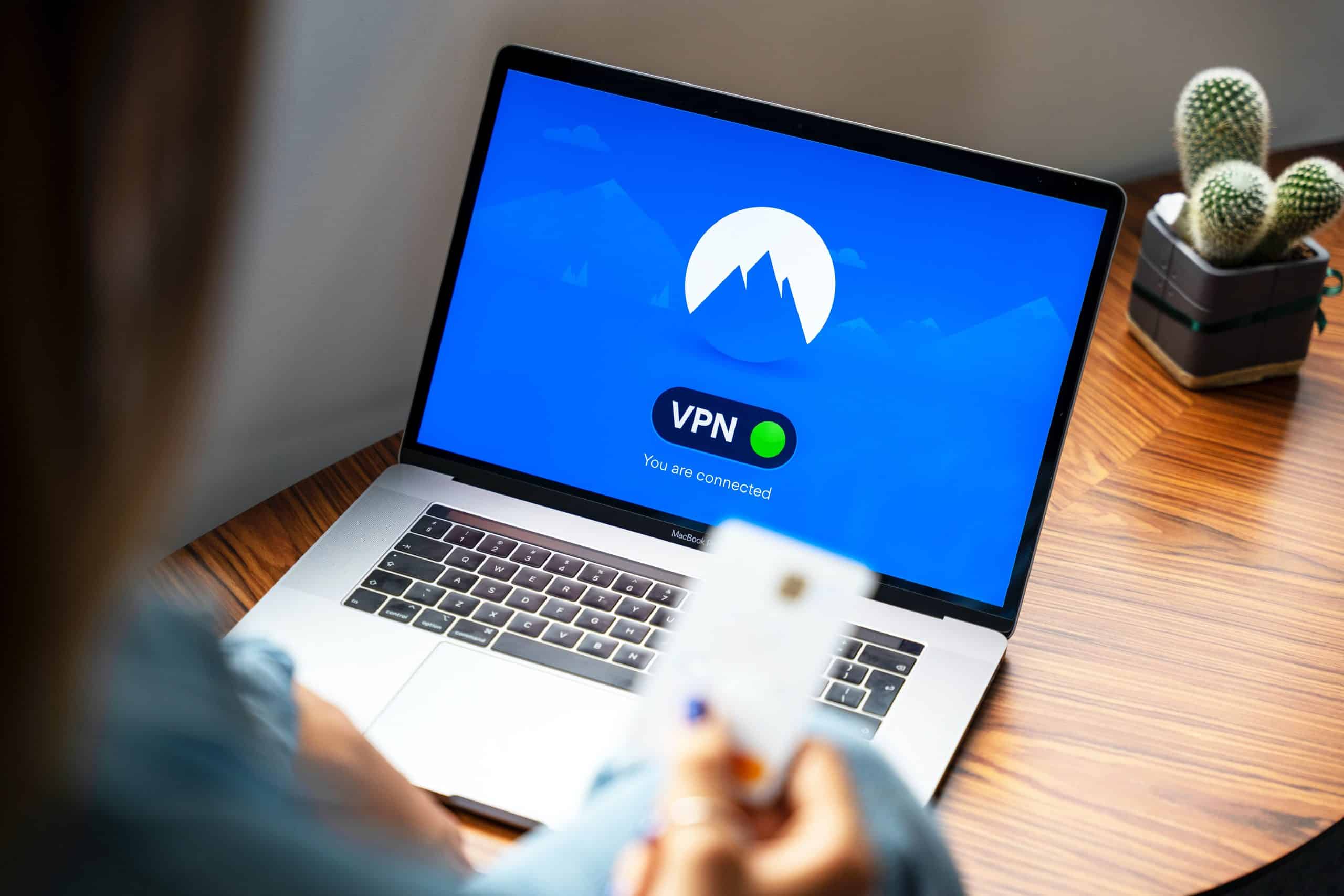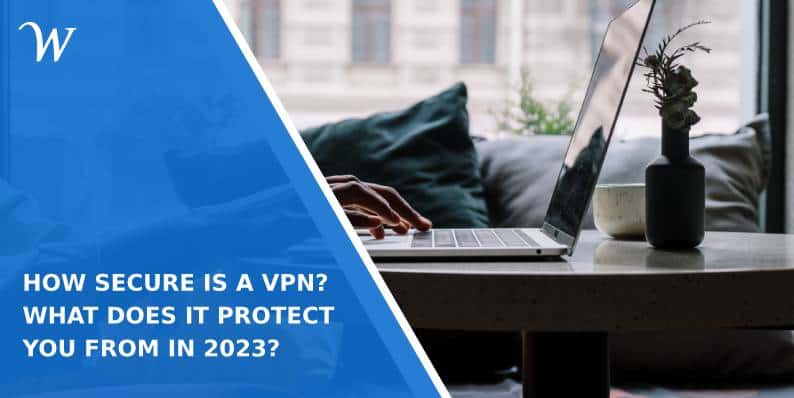In the digital age, protecting your data and privacy when surfing the web is more important than ever before. With the rapid adoption of cloud computing and an ever-growing number of cyber threats, it’s becoming increasingly difficult to stay safe online. One of the most popular solutions for protecting yourself on the web is a Virtual Private Network (VPN). But how secure is a VPN? What does it protect you from in 2023?
Definition of VPN
A Virtual Private Network (VPN) is an important technology that provides users with online privacy, security, and anonymity. It allows a user to access the internet through a private network or server, making their activities and data largely untraceable to anyone except the VPN provider. Additionally, a VPN also masks the user’s IP address and location by allowing them to connect to a remote server in another part of the world. Using a VPN encrypts all data sent from one computer to another over the internet. This ensures that any information passed between devices remains secure regardless of the network being used. Additionally, certain websites will be blocked if accessed from certain regions or countries; however, using a VPN can allow users in those areas to bypass these restrictions and access web content without fear of censorship or surveillance.
What Does VPN Protect You From in 2023?
1. Technical Security: Encryption, Authentication
Need for technical security is essential when it comes to ensuring data safety and privacy. Encryption, authentication, and the use of Virtual Private Networks (VPNs) are key components of a comprehensive security infrastructure that can help protect networks from malicious threats. Encryption is a process where data is encoded in such a way that only those with the correct decryption key may access it. This makes it difficult for hackers or other unauthorized users to gain access to sensitive information as long as the encryption algorithm used is strong enough. Authentication is another component that ensures only authorized people have access to specific systems or networks by confirming user identities through passwords or biometric scanning methods. Finally, VPNs provide an additional layer of security by securing network connections over the internet and encrypting data sent across them.

2. Protect from Surveillance: Private Browsing, Mask IP
In the age of digital information, privacy is becoming harder and harder to maintain. From government surveillance to corporate data capture, it’s never been more important for individuals to protect their data from unwanted tracking and snooping. Fortunately, there are a variety of tools available to help users keep browsing activities private and secure. The first line of defense in protecting your data from surveillance is using private browsing mode. Private browsing prevents locally stored records from being created when websites are visited, as well as blocking cookies that can be used for tracking purposes. Additionally, masking IP addresses by using a virtual private network (VPN) allows individuals to hide their real location and gain access to geo-restricted content while also keeping their online activity anonymous.
3. Protection from Hackers: Firewall, Anti-Malware
Hackers are continuously looking for vulnerable systems to breach, so users must protect themselves. Fortunately, there are many safety measures one can take to protect their data from malicious individuals. One of the best ways to prevent hackers from accessing your information is by using a firewall, anti-malware, and Virtual Private Network (VPN). A firewall works as a barrier between an internal network and the Internet, blocking any suspicious traffic that may be trying to access your device. Meanwhile, anti-malware software will detect and remove any malware that may already be present on a user’s device. Finally, VPNs create an encrypted tunnel between two computers connecting over the internet which ensures that all data transmitted remains secure against cyber criminals or hackers.
If you ever wondered how safe is VPN this article gave answers to your questions. A VPN with a no-logs policy is a great way to protect your online privacy in 2023. It will help you stay secure from data breaches, hackers, government surveillance, and other malicious threats. With the increasing availability of free services, it’s easy to get started with VPNs and benefit from their enhanced security features. However, it’s important to remember that not all VPN providers offer the same level of protection.
Latest posts by Antonia Zivcic (see all)
Where Should We Send
Your WordPress Deals & Discounts?
Subscribe to Our Newsletter and Get Your First Deal Delivered Instant to Your Email Inbox.
Thank you for subscribing.
Something went wrong.
Keep reading the article at WP Newsify. The article was originally written by Antonia Zivcic on 2023-03-09 10:52:42.
The article was hand-picked and curated for you by the Editorial Team of WP Archives.

